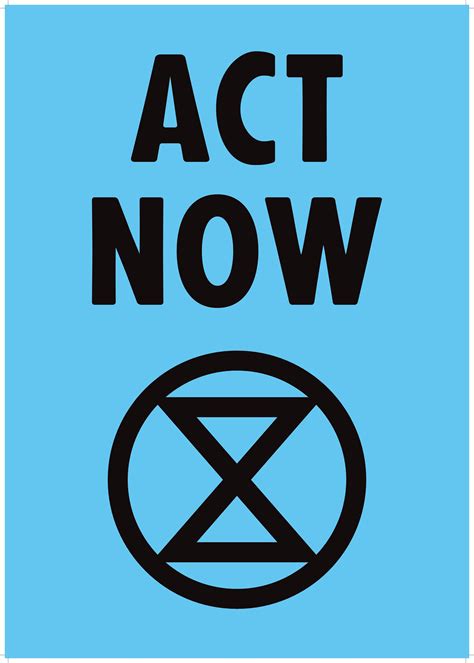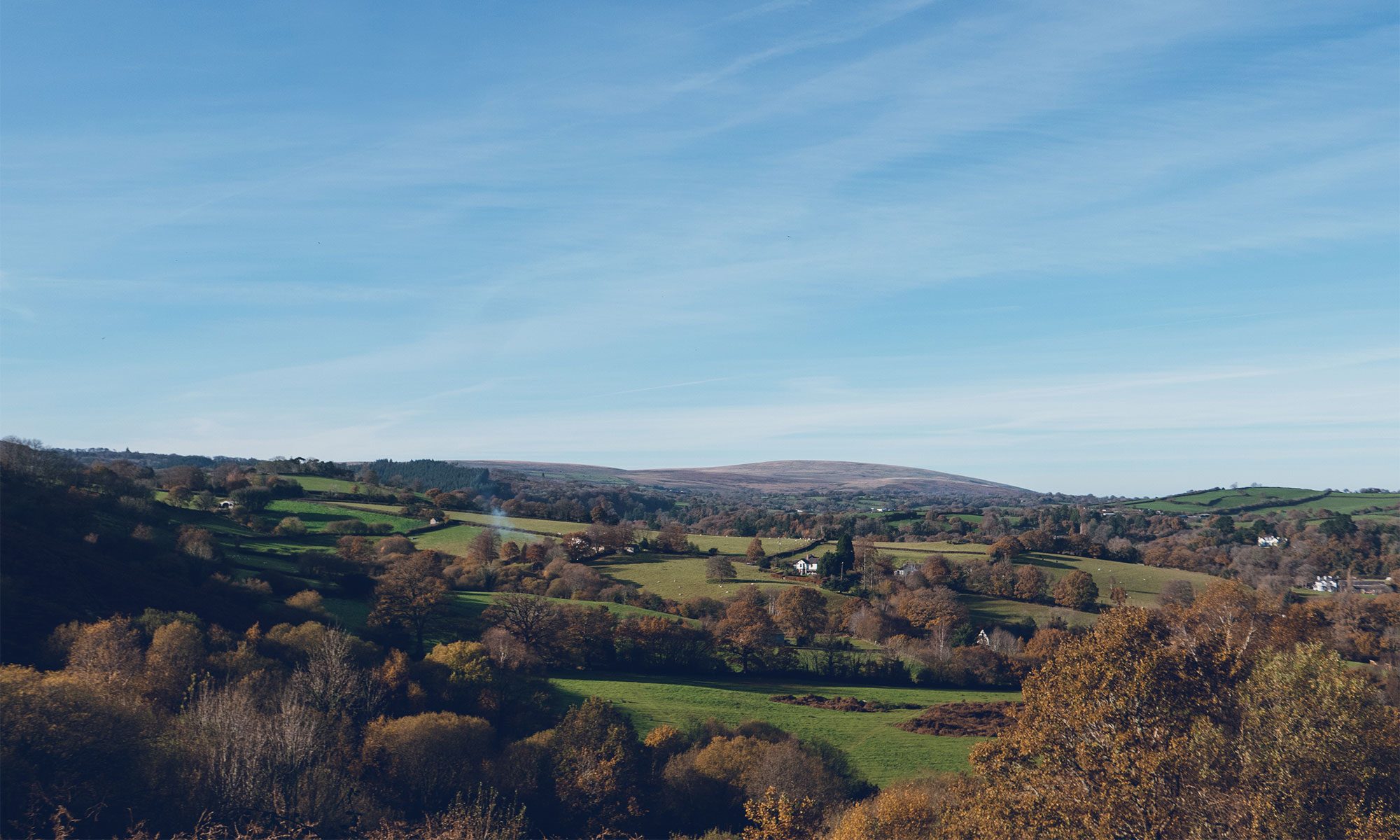What does it mean to ‘Act Now’?

Continuing with bringing in other voices, today Rob Porteous shares his thought for the day. Rob is a counsellor, environmental activist, poet and dancer.
In the place where I expect to find the Extinction Rebellion stall a man and his son are selling African masks. He points over my shoulder to the table I’m looking for, flanked by banners saying ‘No Future in Fossil Fuels,’ and ‘Climate Emergency,’ and ‘Act now.’
I lock my bike up to the railings alongside the harbour, take out my home-made sign, ‘Tell me how you feel about climate change,’ and drape it over my back. Then with clipboard and pen in hand, and a selection of postcards, I step out across the old railway lines of the harbour side and begin. We’re inviting people to write a short message to someone in power- Boris Johnson, for example, or Marvin Rees, Bristol’s mayor- and we’ll make sure it gets to them.
Some post cards have pictures of floods in different parts of the world, and people being evacuated from their homes. Others are spring green, with a line drawing of a heart or a clenched fist, and a caption saying ‘Take heart’ or ‘Show courage.’
The area is busy, with lots of people strolling or hurrying about, and others eating and drinking outside in the cafes of what is known variously as Wapping Warf or Gaol Ferry Steps. A few years ago this land between the New Cut and the Harbour (created when Brunel altered the course of the Avon and built the lock gates of Cumberland Basin) was derelict and empty. Now it’s a thriving centre of activity, which has presumably netted the developers a great deal of money.
Behind me, the cranes at the harbour’s edge remind me of the area’s industrial past. This is where ships set off as part of the triangular trade in trinkets, slaves, tobacco and sugar between England, Africa and the West Indies. This also is where John Cabot set out on his voyage on the Matthew in 1495 that led him to Newfoundland. A replica of his boat is moored nearby, and from time to time I can hear tourists clanging the ship’s bell.
The trade that’s sprung up now is different, but still part of our insatiable need to travel and explore the world. The climate crisis has been a long while in the making, and the underlying energy that created it seems to continue unabated.
Some of the people I accost with my ‘Tell me how you feel about climate change’ hurry wordlessly past, or say, ‘I’ve got no time.’ But quite a few say they are scared; and a surprising number are willing to stop and talk. A family from Glasgow tell me all about recycling in the town. A girl points to the picture of a heart, saying, ‘I like that one,’ when her mum is debating which postcard to write on. A man from Morocco tells me about drought in his country. A forester goes into detail about the correct management of woodland.
When people ignore my approach I notice my half-embarrassed smile at their retreating backs. But I love the unexpected insights that come up in the conversations that occur. I’m hear to listen and respond, not tell people what I think they should do.
As I stand there I reflect on what it means to ‘Act now.’ In XR some people talk about ‘spicy’ actions, eye-catching events that grab the headlines, with simple messages like ‘Insulate Britain.’ I notice my sense that the time for that is past. This too is an action, I tell myself.
Every day now there is something on the news about climate change, some confirmation of the direction in which we are heading, and some statement about becoming ‘carbon neutral’ by 2030 or 40 or 50, whatever that may mean.
There are agreements, as there have been in the past, to halt deforestation in places like Indonesia or Brazil, and to re-forest our countryside here. Meanwhile we continue to cut down more trees to make way for palm oil plantations or cattle farms; and I, presumably, continue to buy products with palm oil in them when I don’t scrutinise the ingredients.
So what can we do? What does it mean to ‘Act now,’ individually and collectively? My answer is to keep listening, keep tuning in to what people feel, keep trying to uncover the energy that drives our behaviour, and reflecting on how that might change.
I’ve been surprised and heartened by the many creative ideas young people have. I’ve seen the concern that lies there, under our busy-ness, waiting for an opportunity to make itself felt; and the frustration with words that promise more than they deliver.
This listening, for me, is the antidote to the power of big corporations to dictate what we do. I’m reminded of the central image of the Tao, of how water, over time, wears away stone, and the enigmatic sentence in John Heider’s The Tao of leadership: ‘Do nothing, and everything that is needful will be done.’

